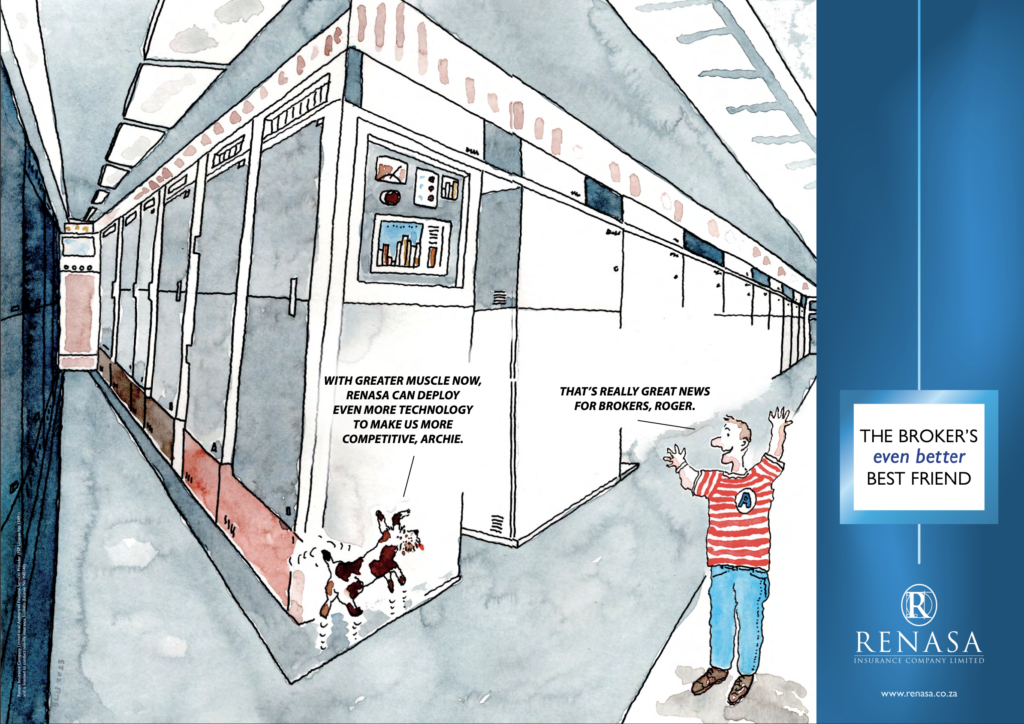By Kenneth Coster, Partner, Nicolette van Vuuren, Senior Associate & Eugene Chaphi, Candidate Attorney at Webber Wentzel

Section 37A(1) of the Pension Funds Act, 1965 (the Act) generally prohibits employers from depriving employees of their retirement fund benefits. These benefits must be provided to employees as soon as they are entitled to them – typically, when their employment is terminated (through retirement, resignation or dismissal) or when their membership of the relevant retirement fund is terminated.
However, section 37D(1)(b)(ii) of the Act provides an exception to the prohibition. It states that a retirement fund may deduct from a member’s retirement benefit any amount that the employee (member) owes to their employer on the date that they retire or that membership of that retirement fund terminates. Importantly, however, this can only occur where an employee has caused pecuniary damage to their employer as a result of theft, fraud, dishonesty or dishonest misconduct, which they have either admitted in writing, or in respect of which the employer has obtained a judgment.
It is at this point that employers need to be vigilant and quick. It is easy to see that employees will be very reluctant to provide any written admission to the employer entitling the withholding or deduction of retirement benefits. In our experience, employers may still be in the process of investigating the loss it has suffered at the time the employee is dismissed, resulting in a delay of obtaining a judgment against the employee. Once the fund pays the employee the retirement benefits, the employer is almost certain of almost never being able to recoup such monies again.
The case of Highveld Steel & Vanadium Corporation Limited v Oosthuizen 2009(4) SA 1 (SCA) (the Highveld case) has provided guidance to employers and retirement fund trustees on this aspect. The Highveld case highlighted that the trustees of a retirement fund may exercise their discretion in considering a request from an employer to withhold the retirement fund benefits of a member, under strict conditions, where a judgment against an employee for damages is pending.

In the Highveld case, an employee who was dismissed on charges of bribery, fraud, theft and other dishonesty charges attempted to withdraw his retirement fund benefit. Highveld requested the retirement fund to withhold his benefit, pending the outcome of legal action it intended to take for losses arising from the employee’s misconduct. The court was required to consider whether the retirement fund was entitled to withhold this benefit.
The court accepted that the purpose of section 37D(1)(b)(ii) was to protect the employer’s right to recover any money misappropriated by its employees. It acknowledged that an employer would rarely have obtained a judgment against its employee by the time the person’s employment was terminated because of lengthy delays in finalising cases in the justice system. That makes it difficult for an employer to enforce an award made in its favour by the time judgment is obtained against the employee.

Great news for all Brokers!
WITH EVEN GREATER MUSCLE NOW,
RENASA WILL BE ABLE TO REACH A LOT MORE
BROKERS!
RENASA – THE BROKERS even better BEST FRIEND
Renasa Insurance Company Limited is an Authorised Financial Services Provider (FSP License 15491) and is licensed to conduct non-life insurance business (License No IN0140 )
The court concluded that, to give effect to the purpose of section 37D(1)(b)(ii) as described above, its wording must be interpreted purposively, to include the power and discretion to withhold payment of a member’s retirement benefits pending a judgment being obtained or acknowledgement by the member of liability.
In exercising its discretion to withhold a member’s retirement benefit, the Court stated that a fund’s trustees, must weigh the rights of the employer to compensation and the strength of its case against the rights of an employee who urgently needs to access their pension benefits and who may eventually be proven innocent.
Even though the Highveld case confirmed that employers may request a retirement fund to withhold the retirement benefits of an employee who has caused damage to their employer by reason of theft, fraud, dishonest misconduct or dishonesty, pending the employer obtaining a judgment against the employee, there are certain requirements which would need to be met in this regard, namely:
1. the employee must have caused damage to the employer;
2. the damages must have been caused as a result of the employee’s theft, fraud, dishonest misconduct or dishonesty;
3. the employee must have ceased to be a member of the relevant retirement fund;
4. the employee must either have admitted liability to the employer in writing OR the employer must have commenced proceedings against the employee for recovery of the damages the employee has caused to the employer. In this regard the following conditions would apply:
4.1. The employer must have a prima facie case against the employee, together with a right to recover the losses it has suffered;
4.2. the losses suffered by the employer must be directly attributable to the employee’s dishonest conduct;
4.3. the employee must be given an opportunity to state their case in writing to the retirement fund;
4.4. the amount that the employer requests be withhold cannot exceed the amount for which the employer is holding the employee liable;
4.5. there cannot be unreasonable delays by the employer in instituting proceedings against the employee; and
4.6. the employer should keep the retirement fund updated of all progress in its case.
Whilst the Highveld case provides some relaxation to retirement funds, employers would be well-advised to institute proceedings against the employee as soon as possible and actively to pursue such claim. Swift and diligent action is necessary to ensure that the trustees of a fund are made comfortable withholding a member’s retirement benefit, pending judgment. Trustees do well to keep regular tabs on such litigation and to be kept abreast of all developments therein.

